Also known as: thiaminase poisoning.
Thiamine (vitamin B1) is a water-soluble vitamin involved in energy metabolism. When animals don’t get enough vitamin B1, they become sick. Over time, vitamin B1 deficiency can become deadly if not corrected.
Symptoms
- Muscle disorder
- Sensory disorder
- Lowered immune system
- Lethargy
- Loss of appetite
- Weight loss
- Seizures
- Twitching
Cause
Vitamin B1 deficiency in turtles is typically caused by the excess consumption of raw, thiaminase-containing fish and shellfish, such as:
- Clams
- Goldfish
- Mussels
- Shiners
- Rosy red minnows
- Common carp
- Prawns
- Fathead minnows
- Gizzard shad
- Common bream
- Common carp
- Tuna
- Scallops
- Limpets
Treatment
If you suspect that your red-eared slider may have a vitamin B1 deficiency, make an appointment with an experienced reptile veterinarian for an examination and blood test.
Meanwhile, switch to a feeder fish that doesn’t contain thiaminase – when in doubt, livebearers (ex: guppies and mollies) are a good bet. They may be more expensive, but it’s an investment in your pet’s health! For a full list of safe fish to feed, visit the Food page of this guide.
Of course, this doesn’t mean that feeding your turtle the occasional thiaminase-containing fish is going to kill them, or even make them sick. These fish should be offered sparingly, that’s all. When you only use them as treats, thiaminase-containing fish are unlikely to cause deficiency and will in fact help increase the variety in your turtle’s diet.
It also helps to use turtle pellets which contain vitamin B1 (thiamine mononitrate), such as Mazuri Aquatic Turtle Diet and ReptoMin.
References
Edmondson, P. (n.d.-b). What is Thiaminase poisoning? Insectivore. http://www.insectivore.co.uk/articles_turtles_Thiaminase_poisoning.html
Lunsford, R. (n.d.). Article: Thiaminase — What it is, why you care. Austin’s Turtle Page. http://www.austinsturtlepage.com/Articles/Thiaminase.htm
